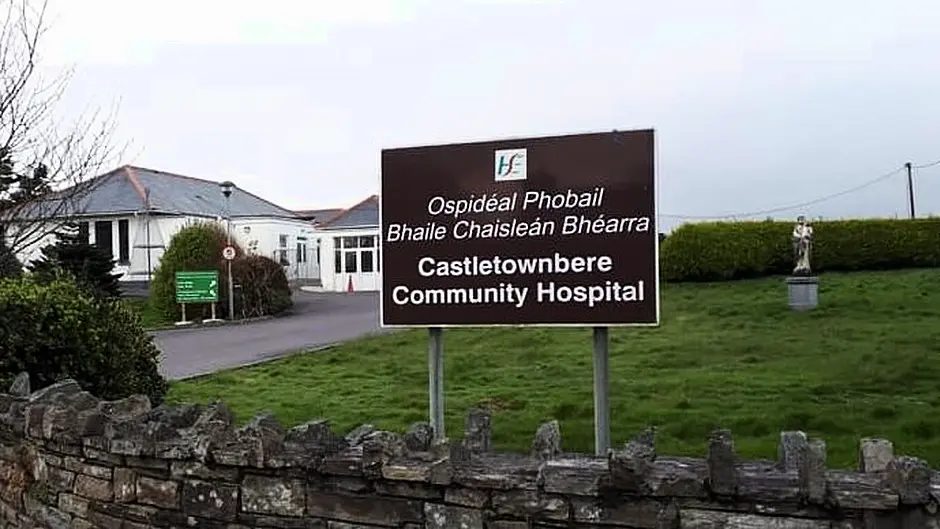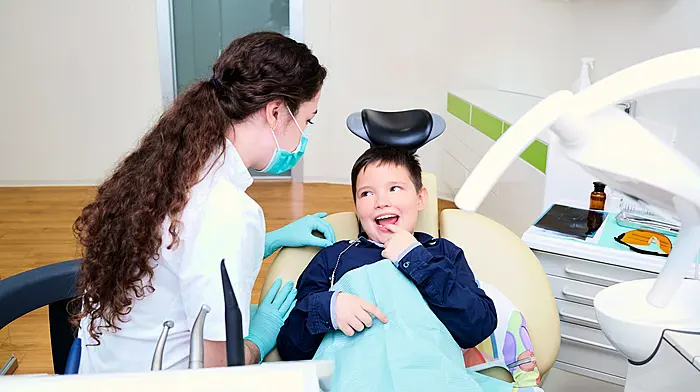AN inspection at Castletownbere Community Hospital, which is run by the HSE, found action was necessary to ensure the rights and choice of residents were protected, as a HIQA inspector found that some ‘institutional practices’ were observed.
However, residents were complimentary of the staff, with one describing them as ‘angels’ who provided ‘loving care’.
The inspection by the Health Information and Quality Authority (HIQA), found the hospital was non-compliant in the area of residents’ rights.
The inspector observed that residents had their breakfast either in bed or in their bedrooms, and residents were not offered the choice to attend the dining room for breakfast.
It was also observed that at 5:30pm, there were no residents in the day room and the day room was in darkness.
The staff had returned all residents to their bedrooms, even though some residents were seen to play cards by their bedside and others watched television.
It was explained to the inspector that it was part of the regular evening routine that staff returned all residents to their bedrooms following teatime, but ‘This practice did not facilitate residents to socialise in the day room, watch TV, or listen to music with their friends or receive visitors and then retire to their bedrooms at a later more normal time’.
It was also observed that some privacy bedscreens were not being fully engaged to ensure the privacy and dignity of residents while receiving personal care, and that TVs were mounted very high on the wall in some multi-occupancy bedrooms; this made it difficult for residents to see from a bed or a bedside chair.
Furthermore, there was no directional signage to orientate residents and prevent disorientation and confusion.
The hospital was also found to be non-compliant in the area of ‘managing behaviour that is challenging.’
The use of bedrails was found to be high, at over 50%; this continued to be a repeat finding over several inspections at this centre. It was not always evident from the restrictive practice assessment documentation that alternatives had been trialled.
The announced inspection was made late last year, and the hospital has since outlined steps taken, or that are being taken, to address these
issues.
Residents spoken with on the day of inspection were happy with the care they received and complimentary of the service provided.
There were 23 there on the day, and the inspector spoke with eight in more detail to gain insight into their lived experience there.
Residents spoke very highly of all the staff, the activities and the food served.
The inspector spoke with one visitor who reported that they ‘would be lost without this service’, that staff were ‘angels’ who provided ‘loving care’. The inspection was carried out in November, with the report published earlier this year.







